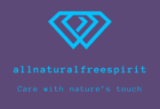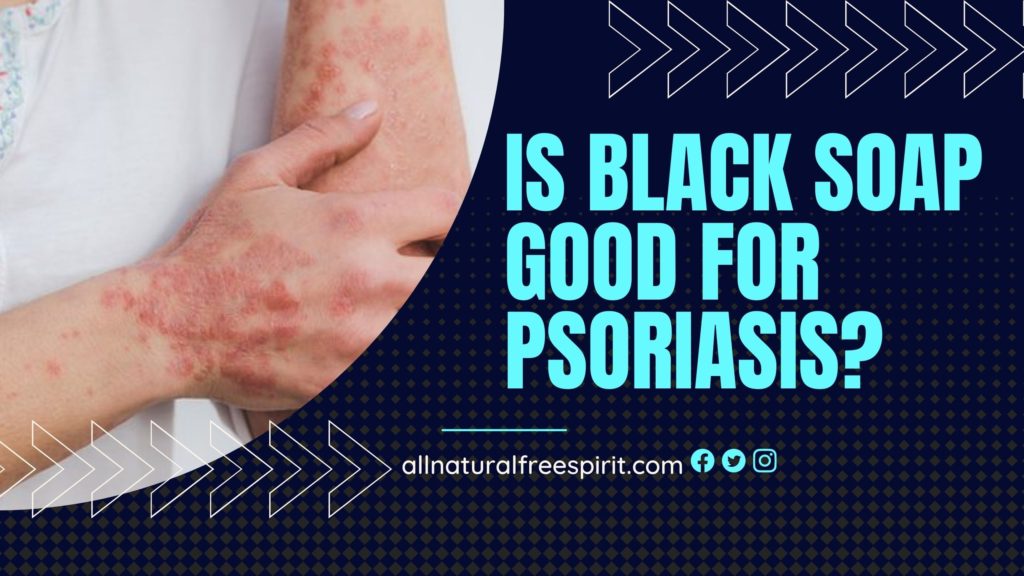It’s so discomforting, isn’t it? The constant feeling of being itchy all over your body. Not to mention the embarrassing red patches that seem to show up out of nowhere.
If you’re looking for relief, then you might be wondering if black soap can help with psoriasis. This blog post will try and answer the question, “is black soap good for psoriasis?”
If you’re not familiar with psoriasis, it’s a skin condition that is caused by the overproduction of skin cells. This can lead to patches of thick, scaly skin that can be itchy, red, and inflamed.
Psoriasis can be a chronic condition, meaning it can last for years and be difficult to treat.
There is no one-size-fits-all treatment for psoriasis, but some people have found relief from using black soap. However, some dermatologists say that black soap can actually make psoriasis worse.
Is black soap good for psoriasis? Continue reading to learn more about black soap and psoriasis and whether or not it’s a good idea to use black soap if you have this skin condition.
What is Black Soap?

Black soap is a type of African soap made from the ashes of roasted plantain skins, cocoa pods, and palm kernel oil. It is a popular soap in Africa and the Caribbean, and it is said to have many benefits for the skin.
Some people believe that black soap can help treat psoriasis, eczema, and other skin conditions. Black soap is thought to be beneficial because it is high in antioxidants, minerals, and vitamins.
It is also said to be antibacterial and antifungal, which may make it helpful in treating skin conditions that are caused by bacteria or fungi. African women have used black soap for centuries to help keep their skin looking young and healthy.
Read: How do you get rid of African black soap burn?
How to Use Black Soap for Psoriasis
If you want to try using black soap to treat your psoriasis, there are a few things you need to know.
- First, it is important to find high-quality black soap. There are many different brands of black soap on the market, and not all of them are made with the same ingredients or quality.
- Make sure to read the labels carefully and choose a black soap that is made with all-natural ingredients.
- You should also test the soap on a small area of your skin before using it all over your body. This will help you see if you have any adverse reactions to the soap.
To use black soap, wet your skin and then apply the soap to the affected areas. Gently massage the soap into your skin and then rinse with water.Black soap can be used 2-3 times per day, depending on your needs.
Read: Does African black soap lighten skin?
Is Black Soap Good for Psoriasis? What Experts Say:
Now that you know a little bit more about black soap, you might be wondering if it’s actually effective in treating psoriasis.
Although the verdict is still out, Most experts agree that black soap can help relieve some of the symptoms of psoriasis.
Black soap can help to soothe inflamed skin, and it may also help reduce the scale and itchiness associated with psoriasis.
- One study by the institute of dermatology in Lagos showed that black soap effectively treated plaque psoriasis. The study found that 74% of participants had a reduction in symptoms after using black soap for 8 weeks. However, it is important to note that black soap is not a cure for psoriasis, and it will not get rid of the condition completely. If you stop using black soap, your symptoms will likely come back.
- The university of Califonia health services also notes that black soap can be helpful in treating psoriasis. They say that black soap has anti-inflammatory properties that can help reduce psoriasis symptoms.
- However, not everyone believes that black soap is good for psoriasis. A different study suggested that black soap can actually make psoriasis worse. This is because black soap can be drying to the skin, and it can strip away the natural oils that help to keep the skin moisturized. The study opined that black soap is high in alkali, which can be irritating to the skin.
So, Is Black Soap Good For Psoriasis? Verdict
The verdict is still out, but most experts agree that it can be helpful in treating the symptoms of psoriasis. Going by what most experts say, it is safe to say yes; black soap is good for psoriasis.
If you are considering using black soap to treat your psoriasis, it is important to talk to your doctor first. They can help you decide if black soap is the right treatment for you.
Using black soap to treat psoriasis is a personal decision, and there is no right or wrong answer. Only you can decide if black soap is right for you.
Just like any other skincare product, it’s advisable to try it out on a small patch of skin to see how you react before using it all over your body.
Read: Best bar soap for oily skin
Frequently Asked Questions African Black Soap on Psoriasis
Does African Black Soap Work For Psoriasis?
There is no definitive answer, but most experts agree that black soap can be helpful in treating the symptoms of psoriasis. Most people find that it helps soothe inflamed skin and reduce the scale and itchiness associated with psoriasis.
Can I Use African Black Soap Every Day To Treat Psoriasis?
African black soap can be used 2-3 times per day, depending on your needs. It’s important to test the soap on a small skin area before using it all over your body.
How long does it take for African black soap to work?
Results will vary from person to person, but most people see a reduction in symptoms after using black soap for 8 weeks. It all depends on the severity of your psoriasis.
Hopefully, this post has helped you answer the question, is black soap good for psoriasis? Black soap can help treat the symptoms of psoriasis, but it is not a cure.
If you are considering using black soap to treat your psoriasis, it is important to talk to your doctor first. They can help you determine if black soap is the right treatment for you.

